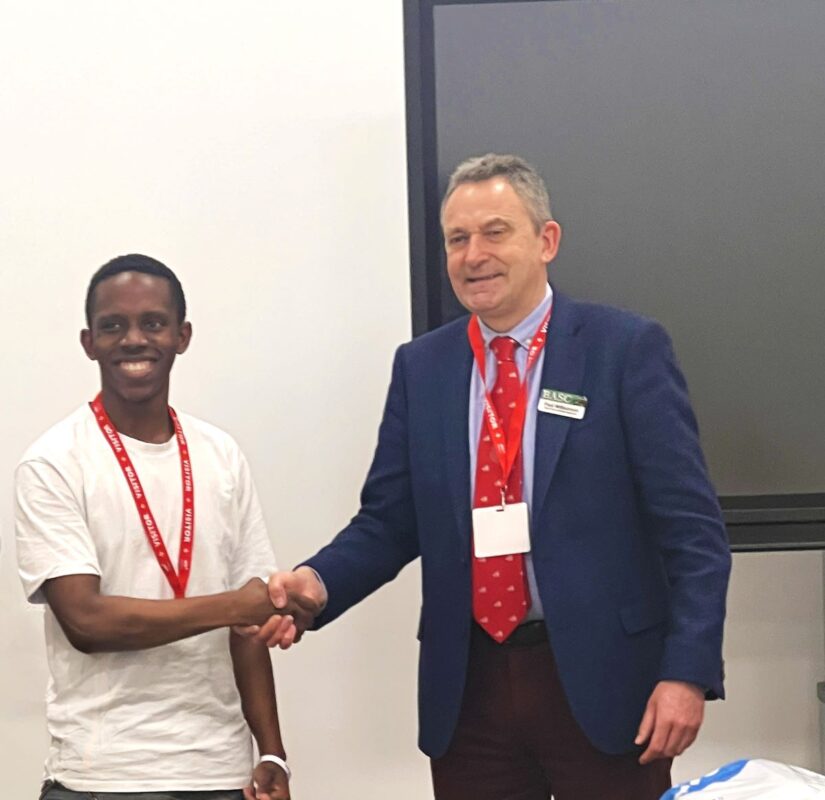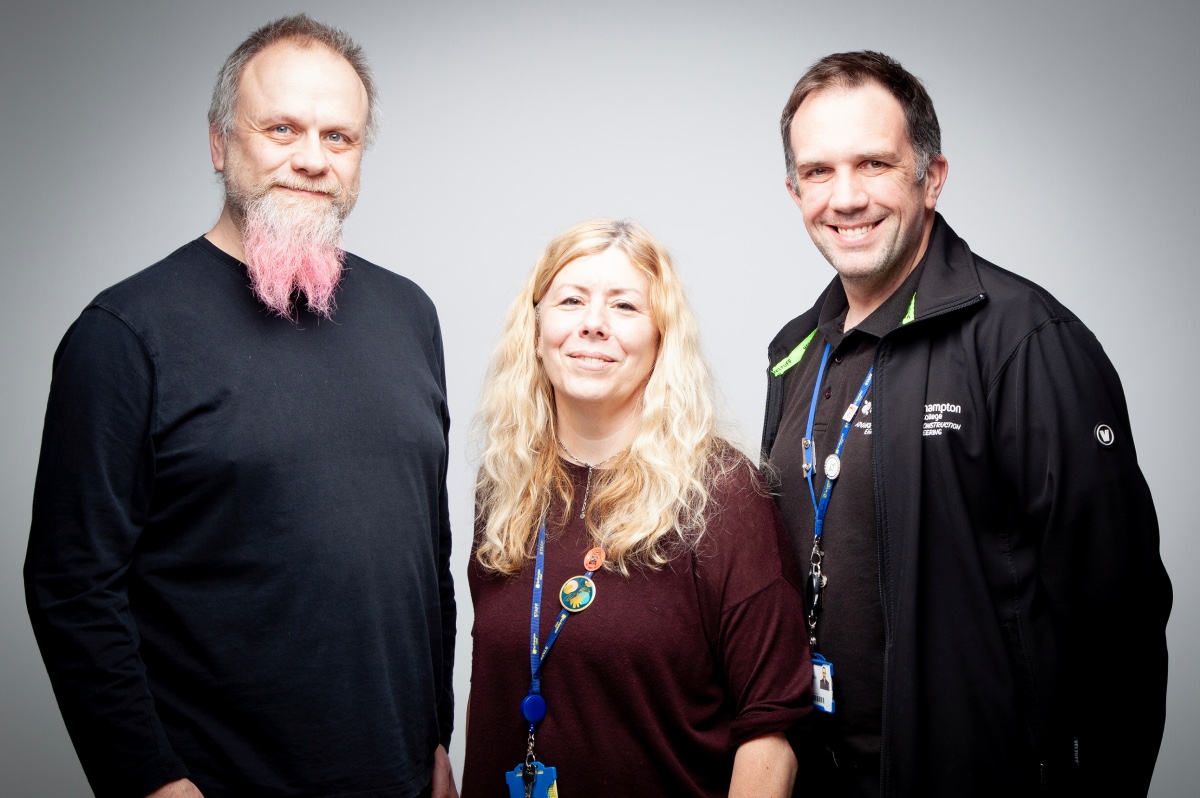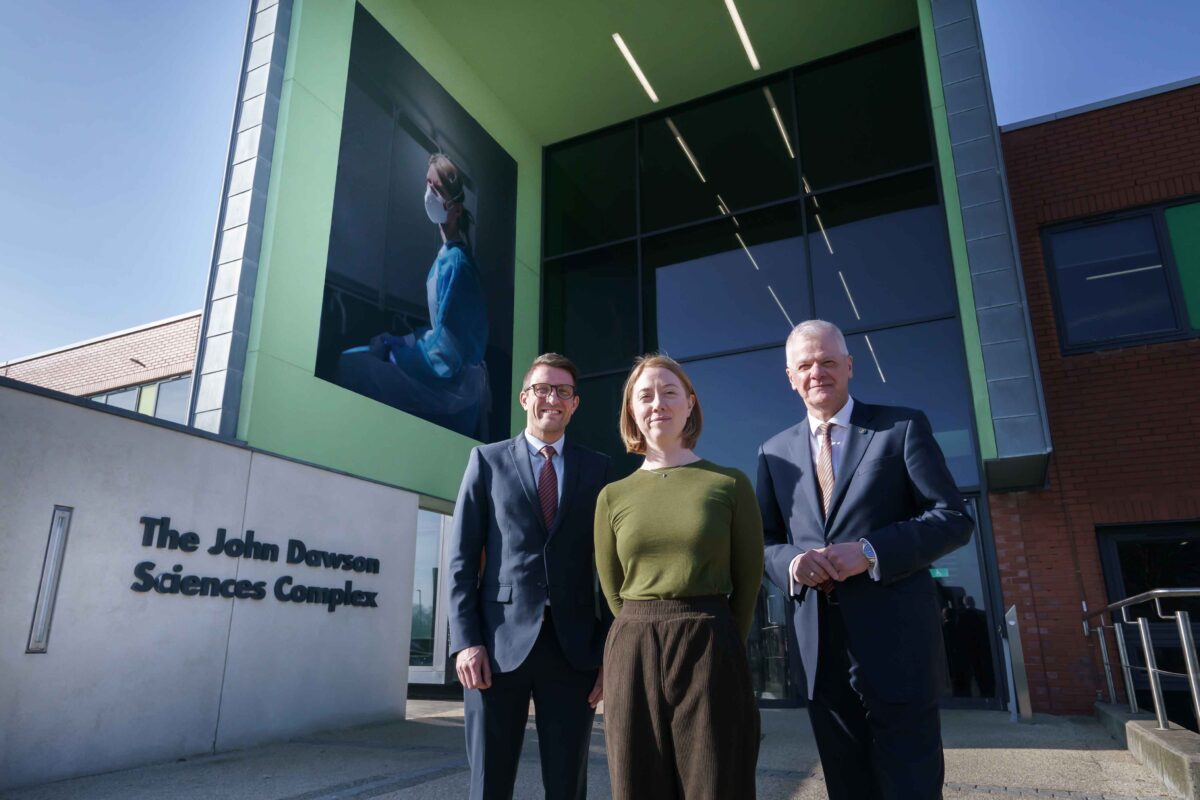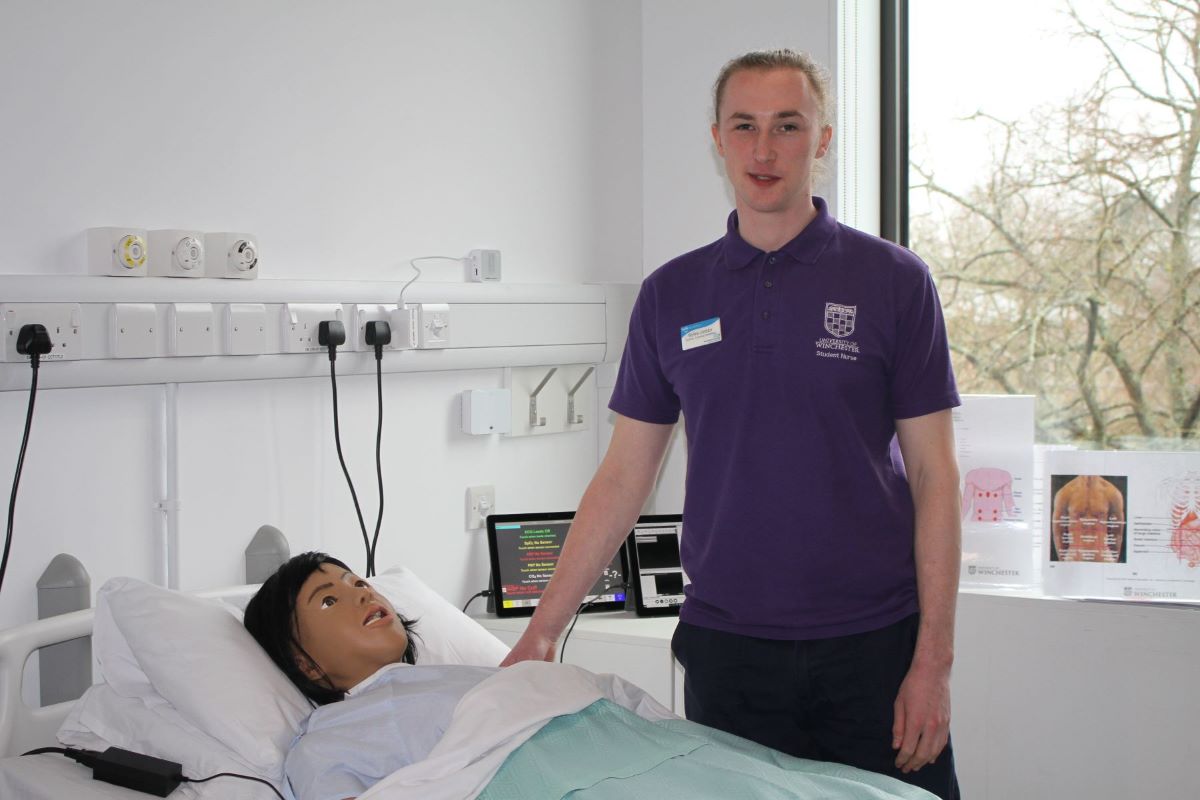What the PISA Foreign Language Assessment means for English language education

There have been several surveys on the comparison of foreign language skills, but there is no current, reliable international data on how English is learnt and taught in school systems around the world. That’s why the PISA Foreign Language Assessment 2025 is a ground-breaking survey that will change everything, writes Dr Hanan Khalifa, Director of Education Transformation and Impact at Cambridge University Press & Assessment.
The Programme for International Student Assessment (PISA) is carried out every three years to measure 15-year-old school pupils’ performance in mathematics, science and reading (in the language of instruction). It is the world’s largest comparison of educational outcomes. In 2025, the areas assessed will be joined by an optional assessment of foreign language skills, starting with English. It is anticipated that the first cycle of the Foreign Language Assessment (FLA) will see thousands of 15-year-old students from across the world tested in English as a foreign language in reading, listening and speaking. It is then planned to be repeated every two cycles of the main PISA study, so we’ll see a PISA FLA every six years.
At Cambridge, we are delighted to be working with the OECD, the international organisation behind the PISA study. We are developing the English language tests for the first PISA FLA which will be a game changer for English language education all over the world. It will give the world unprecedented data and insights into what makes effective English language teaching and learning in different school systems.
How did the PISA FLA come about?
In recent years there has been a lot of demand from PISA participating countries for a foreign language assessment, reflecting the growing importance placed on the language and communication skills in curricula worldwide. The participating countries chose English as the first language to be assessed, because it is by far the most widely studied and used language in the world.
The PISA FLA has very clear objectives which are to provide: international comparisons on performance, national diagnostics on strengths and weaknesses, achievement gaps in schools systems, analysis of trends and best practice for policy. For this reason, we shouldn’t think of the PISA foreign language assessment as a simple league table – it’s much more than that.
Why Cambridge?
We have been working with the OECD on the partnership since 2018 and it’s progressing steadily. We bring a unique combination of learning and assessment expertise, and extensive experience in frameworks and benchmarking surveys. For example, we were instrumental in the development of the Common European Framework of Reference for Languages (CEFR) including the new companion volume, which has become the gold standard for measuring language ability. We also led a consortium that delivered the landmark SurveyLang project back in 2011 which measured the language competence of 50,000 pupils across 15 countries in Europe.
OECD and Cambridge share many values. For example, we both agree that language teaching and learning should focus on the development and application of real-life communication skills and not just on grammar and vocabulary. PISA does not assess theoretical knowledge but focuses on students’ ability to use skills in real-life situations, which is something that really struck a chord with us in Cambridge. These shared perspectives were highlighted further when we held a meeting in Cambridge in June to discuss the next steps with our counterparts at the OECD. Catalina Covacevich, OECD’s Analyst, summed this up nicely when she said: “We’ve learnt so much from Cambridge about language testing and OECD brings the international comparative perspective into the mix.”
Why is the PISA FLA important?
We work with schools all over the world and we see fantastic English teaching practices and strategies that get amazing results. But of course there are still challenges and skills gaps that need addressing. However, without large-scale comparative data on how English is taught and learnt in schools, it’s difficult to know where to focus resources. Should it be on teacher training? Curriculum development? Or should the focus be on encouraging children to learn English as early as possible? This is why we’re so excited about the results of the PISA FLA as it will answer these questions and many more.
Milestones and looking ahead
Our meeting in Cambridge with the OECD was a fantastic chance to look at what we’ve achieved and what’s next for the project. One of the big milestones celebrated was the delivery of a successful pilot in five countries during the height of the pandemic. The pilot test of speaking and listening skills was carried out under strict Covid rules that were in force at the time. The pilot received some positive and surprising results as Covacevich explains:
“Students enjoyed themselves doing the pilot assessment. We were concerned that students with low levels of speaking skills may have found the pilot stressful, but one school enjoyed it so much they clapped after the speaking assessment!”
At the moment, OECD is scoping out official expressions of interest to see which countries want to take part. In 2025, the tests will be administered in a representative sample of schools in each participating country, and the results will be delivered in December 2026. In future PISA cycles, the OECD plans to extend the study to other languages, which is something we’re really excited about in Cambridge because we believe multilingualism is a vital asset for individuals, organisations, nations and the world as a whole.
The importance of impact
When we develop assessments, we think very carefully about the impact they have on individuals, schools and more widely in society. Surveys of this kind are ground-breaking, because they allow us to look at impact on an incredibly large scale. It will give English teaching communities all over the world up-to-date insights that will help to close skills gaps and shape English language teaching for future generations.
About the author:
Dr Hanan Khalifa is Director of Education Transformation & Impact at Cambridge University Press & Assessment










Responses